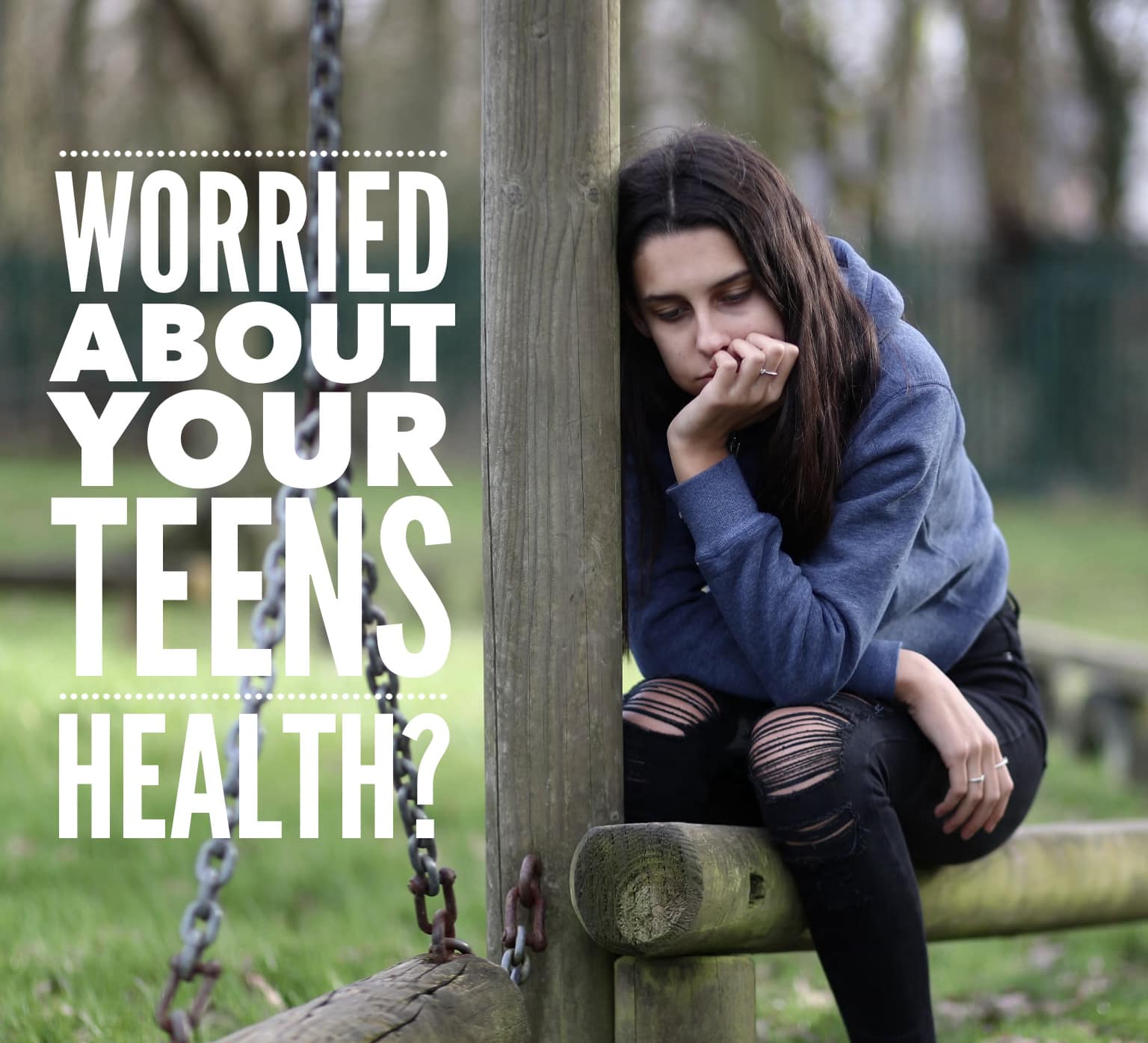There is no doubt as a parent or caregiver, we automatically worry about our kids. Are they sleeping enough? Are they healthy? Happy?
Body weight can be a taboo subject, especially at a tender time such as our teenage years.
This is exactly why it’s essential to:
1-lead by example.
2-have the hard conversations we need to with them in regards long term health.
There are many circumstances in which we may worry about health and weight, but we are going to focus on just two typical ones this evening.
You fear your son/daughter may be under eating or developing a challenging relationship with food.
In this scenario, it may be beneficial to have a chat with them about their energy levels, (their menstrual cycle if they are female, as a loss of cycle indicates a hormone imbalance which can happen from being undernourished).
They may see fad diets pop up on their tik tok or instagram feed, think they are the bees knees and fall victim to that trap.
Talk your child through a healthy balanced diet and how it benefits long term. If you notice their eating behaviours or attitude towards food and/or exercise doesn’t change, there are helplines out there but we recommend attending your GP.
You fear your son/daughter may be at risk with obesity or weight related health problems.
Our advice here would be to not overcomplicate it, be gentle and kind when approaching the subject.
Maybe you’ve noticed they’ve started taking extra snacks to their room to play the ps5/watch tv and stopped playing outside, if this is the case, have the talk.
Few tips:-
A few things to keep an eye out for if the thought of either scenario never crossed your mind 
**These are extreme cases**
Our best advice would be simply model healthy behaviours and attitudes towards food and exercise.
We are only approaching this subject by advising from a nutritionist/personal trainer qualification and perspective. These issues should be primarily dealt with by a GP or registered dietician. We are simply promoting the benefits of exercise and eating well, as a means of improving your child’s health. Anecdotally, we have seen first hand benefit that social interaction and gym training can have on a young person. To find out more about what we can offer, send us a message or fill in the inquiry form.

